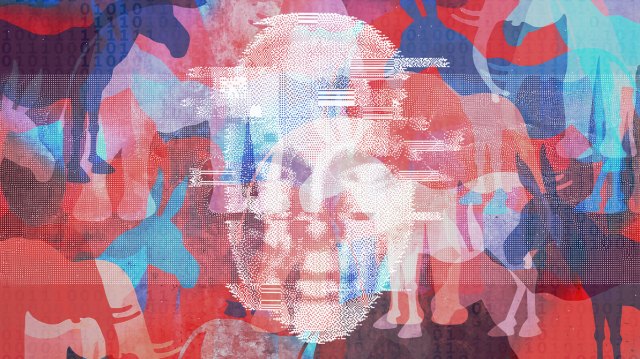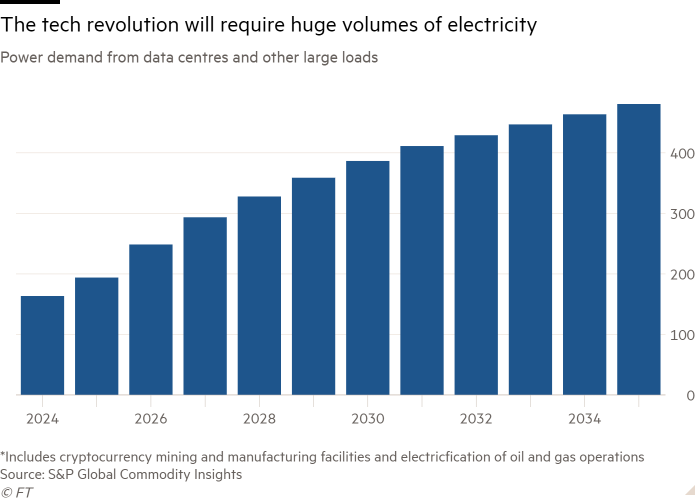As the use of artificial intelligence (AI) and the creation of synthetic content become more prevalent, there is a growing concern about the potential impact on disinformation and voter manipulation in the upcoming crucial election year of 2024. Experts, officials, and observers are sounding the alarm on the dangers posed by deepfakes.
Recent incidents, such as the release of deep-fake videos featuring Senate candidate Kari Lake in Arizona and legislative efforts in Georgia to ban deep-fakes in political contexts, highlight the growing threat. Nicole Schneidman, a technology policy strategist at Protect Democracy, emphasized how AI is amplifying challenges to the voting system by enabling the spread of disinformation and voter suppression.
The rapid advancement of AI software, capable of creating realistic images, audio, and videos, has left policymakers and scholars struggling to keep pace. This technological evolution has blurred the lines between reality and synthetic content, making it increasingly difficult for voters to discern the truth.
The accessibility of AI tools has empowered individuals to generate convincing algorithmic content with minimal effort, raising concerns about the potential misuse of such technology in elections. The ease with which fabricated content can be disseminated on social media platforms poses a significant risk to the integrity of the electoral process.
The looming threat of deepfakes impacting voter perceptions and election outcomes underscores the urgent need for legislative measures to address the proliferation of false media. Lawmakers in Georgia have proposed bills targeting materially false information in social interactions, recognizing the potential for AI to distort reality and undermine the democratic process.
The emergence of AI-generated robocalls, fake images of voter support, and manipulated videos underscores the challenges posed by synthetic content in shaping public opinion. With the upcoming election cycle poised to be inundated with fake content, the need for vigilance and critical thinking among voters is paramount.
While AI presents opportunities for innovative campaign strategies, the risks associated with its misuse cannot be overlooked. Efforts to combat the spread of deepfakes and ensure the authenticity of information are crucial in safeguarding the integrity of elections.
As stakeholders navigate the complex landscape of AI in elections, initiatives at the federal and state levels are being pursued to address the challenges posed by synthetic content. From regulatory actions to technological solutions, a multi-faceted approach is essential to mitigate the risks associated with AI manipulation.
Despite the concerns raised by experts, it is essential for voters to stay informed, verify sources, and engage with trusted election officials to uphold the integrity of the electoral process amidst the proliferation of generative AI technologies.










